Summaries of books about International Relations:
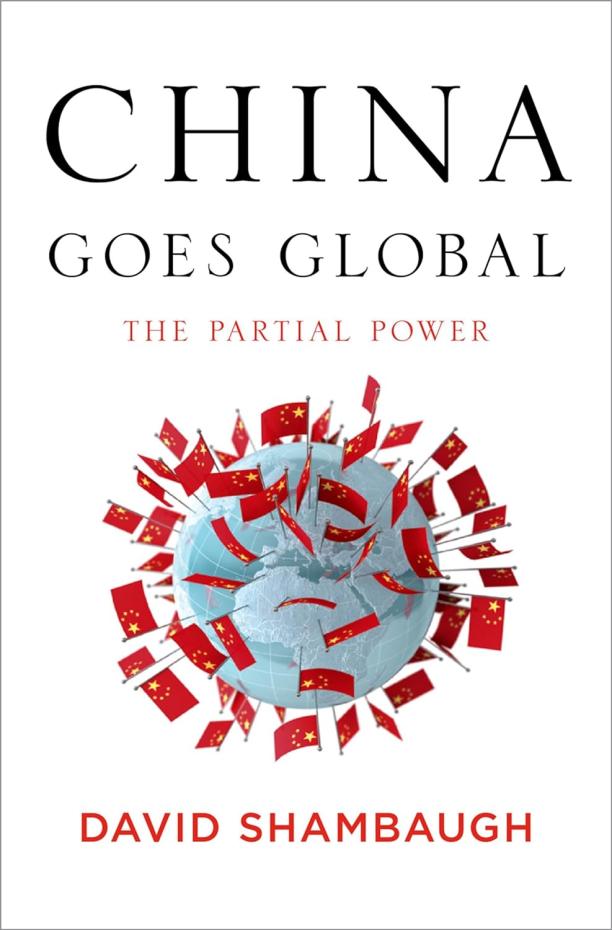
China Goes Global
The Partial Power
David Shambaugh
The book examines China's growing international influence and its limitations, analyzing its economic, diplomatic, cultural, and military reach across the globe. It argues that despite China's significant global presence, its power is constrained by internal and external challenges, making it a "partial power" rather than a fully-fledged superpower.
See full summary
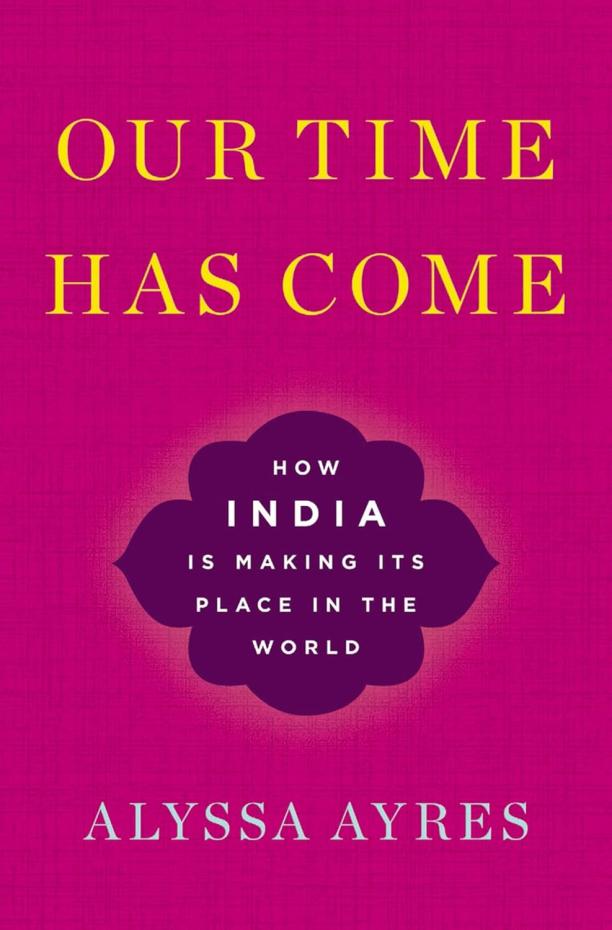
Our Time Has Come
How India is Making Its Place in the World
Alyssa Ayres
The book examines India's rise as a significant global player, analyzing its foreign policy, economic growth, and geopolitical strategies. It explores the challenges and opportunities India faces in asserting its influence on the world stage, including its relations with other major powers and its quest for a greater role in global governance.
See full summary

The China Challenge
Shaping the Choices of a Rising Power
Thomas J. Christensen
The book analyzes the complexities of China's rise as a global power and the strategic challenges it poses to international stability and order. It offers insights into how the United States and other countries can engage with China to encourage responsible behavior and integrate it into the existing international system.
See full summary
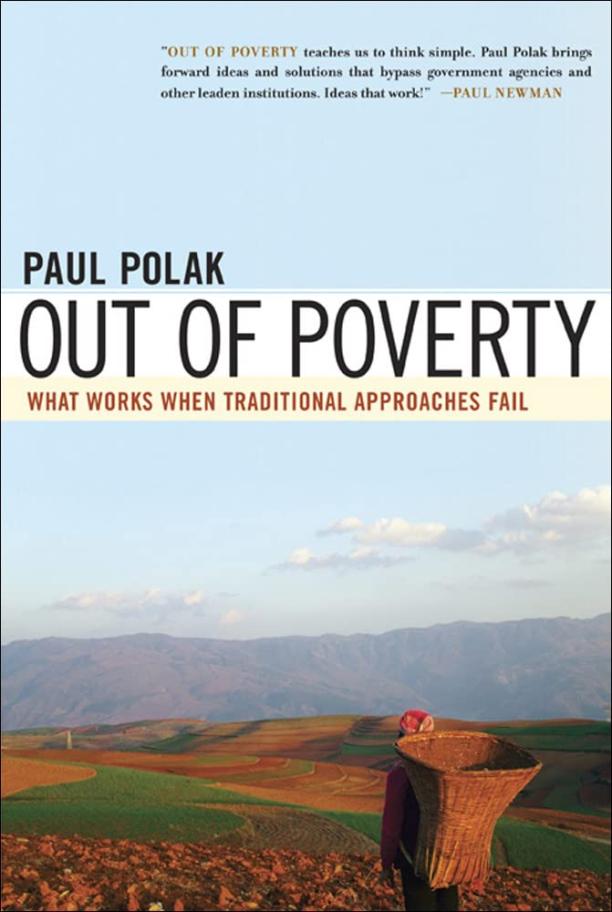
Out of Poverty
What Works When Traditional Approaches Fail
Paul Polak
The book presents a critique of traditional aid models and argues for a market-based approach to lifting people out of poverty, focusing on the importance of understanding the specific needs and abilities of the poor to create sustainable and scalable solutions. It shares success stories and principles derived from the author's experience in designing and implementing low-cost, income-generating products and services for farmers in developing countries.
See full summary
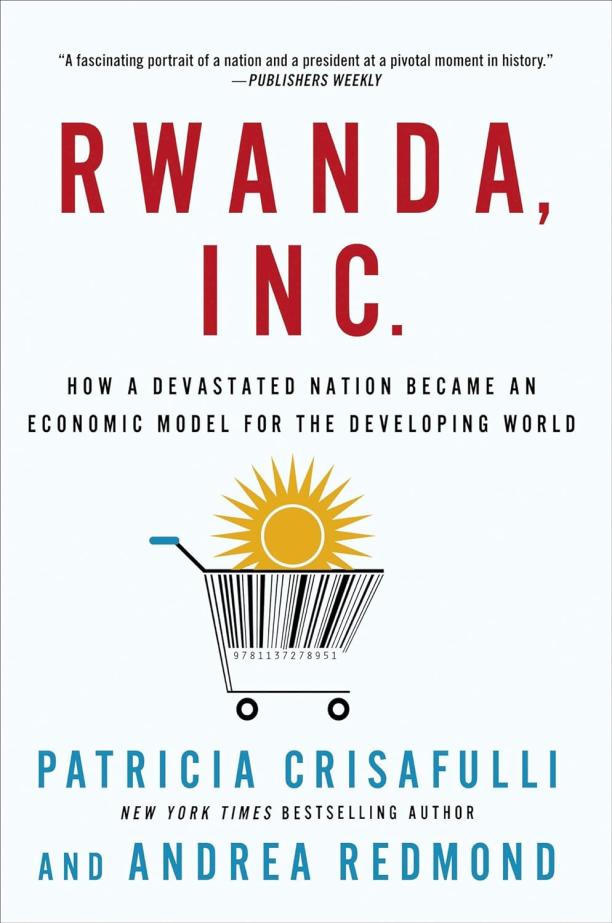
Rwanda, Inc.
How a Devastated Nation Became an Economic Model for the Developing World
Patricia Crisafulli|Andrea Redmond
The book examines Rwanda's remarkable economic transformation following the 1994 genocide, focusing on the leadership of President Paul Kagame and his government's policies that fostered entrepreneurship, investment, and innovation. It highlights the country's strategic decisions to create a business-friendly environment, invest in education and healthcare, and leverage technology, positioning Rwanda as a model for sustainable development in Africa.
See full summary
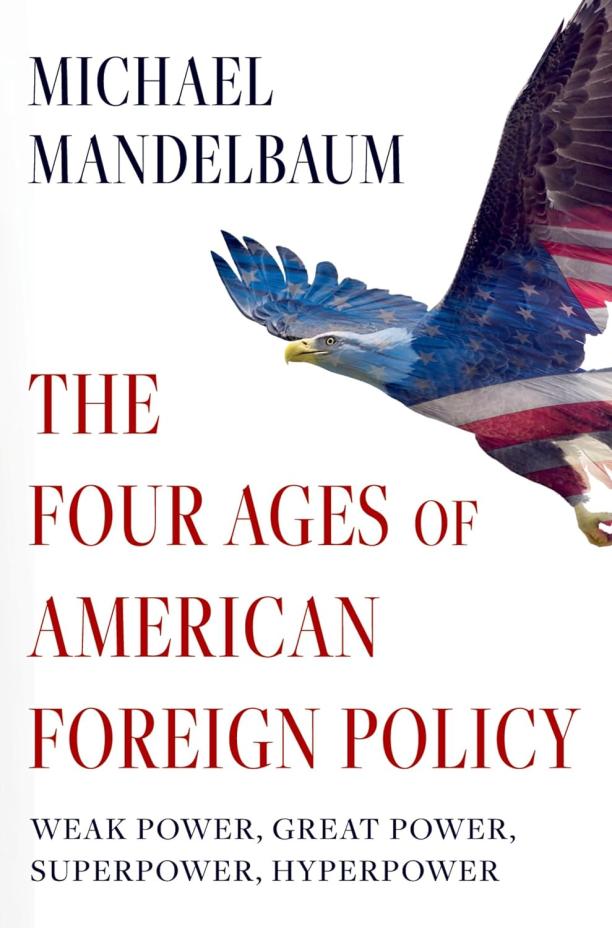
The Four Ages of American Foreign Policy
Weak Power, Great Power, Superpower, Hyperpower
Michael Mandelbaum
The book examines the evolution of the United States' role in international affairs, tracing its trajectory from a minor player to a dominant global force. It explores the strategies, challenges, and implications of America's shifting power dynamics across four distinct historical periods of its foreign policy.
See full summary
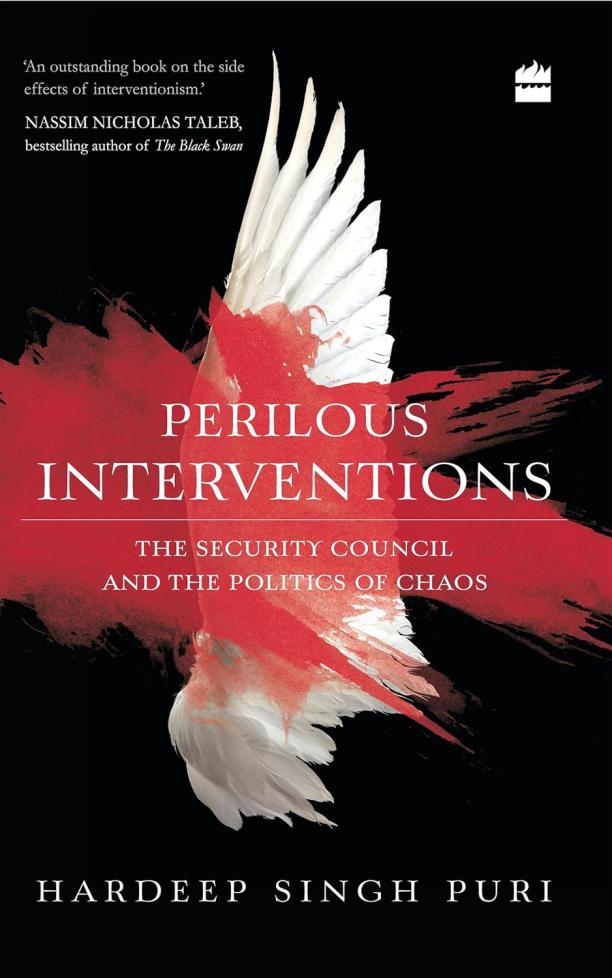
Perilous Interventions
The Security Council and the Politics of Chaos
Hardeep Singh Puri
The book critically examines the decision-making processes and outcomes of the United Nations Security Council's interventions in various global conflicts, highlighting the often disastrous consequences of these actions. It provides an insider's perspective on how geopolitical interests and power politics can lead to perilous outcomes, including instability and humanitarian crises.
See full summary
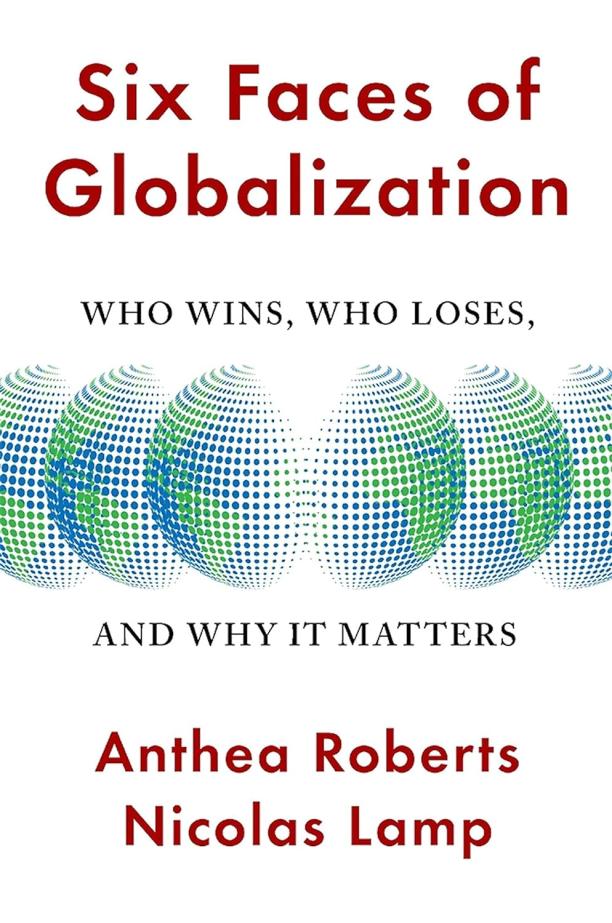
Six Faces of Globalization
Who Wins, Who Loses, and Why It Matters
Anthea Roberts|Nicolas Lamp
The book analyzes globalization through six distinct narratives—three championing it from different perspectives and three critiquing it for various reasons. It delves into the complexities and multifaceted impacts of globalization, exploring the winners and losers in different scenarios and the underlying reasons for these outcomes.
See full summary

The Rift
A New Africa Breaks Free
Alex Perry
The book explores the transformation of Africa, shedding light on the continent's dynamic change and the challenges it faces, from war and dictatorship to economic growth and social innovation. It provides a nuanced narrative that challenges the stereotypical view of Africa as a monolithic entity, highlighting the stories of individual Africans and their communities.
See full summary

The Arab Winter
A Tragedy
Noah Feldman
The book examines the aftermath of the Arab Spring, analyzing the political, social, and economic factors that led to the failure of democratic revolutions in the Arab world. It explores the consequences of these events, including the rise of authoritarian regimes and extremist groups, and the impact on the region's stability and global politics.
See full summary